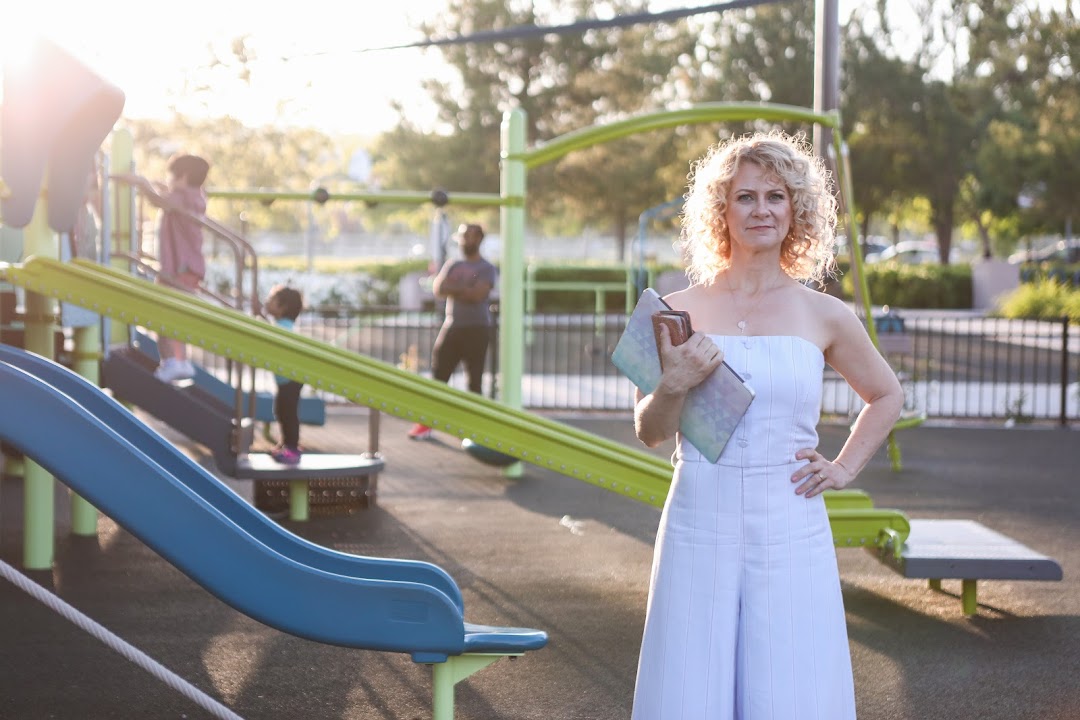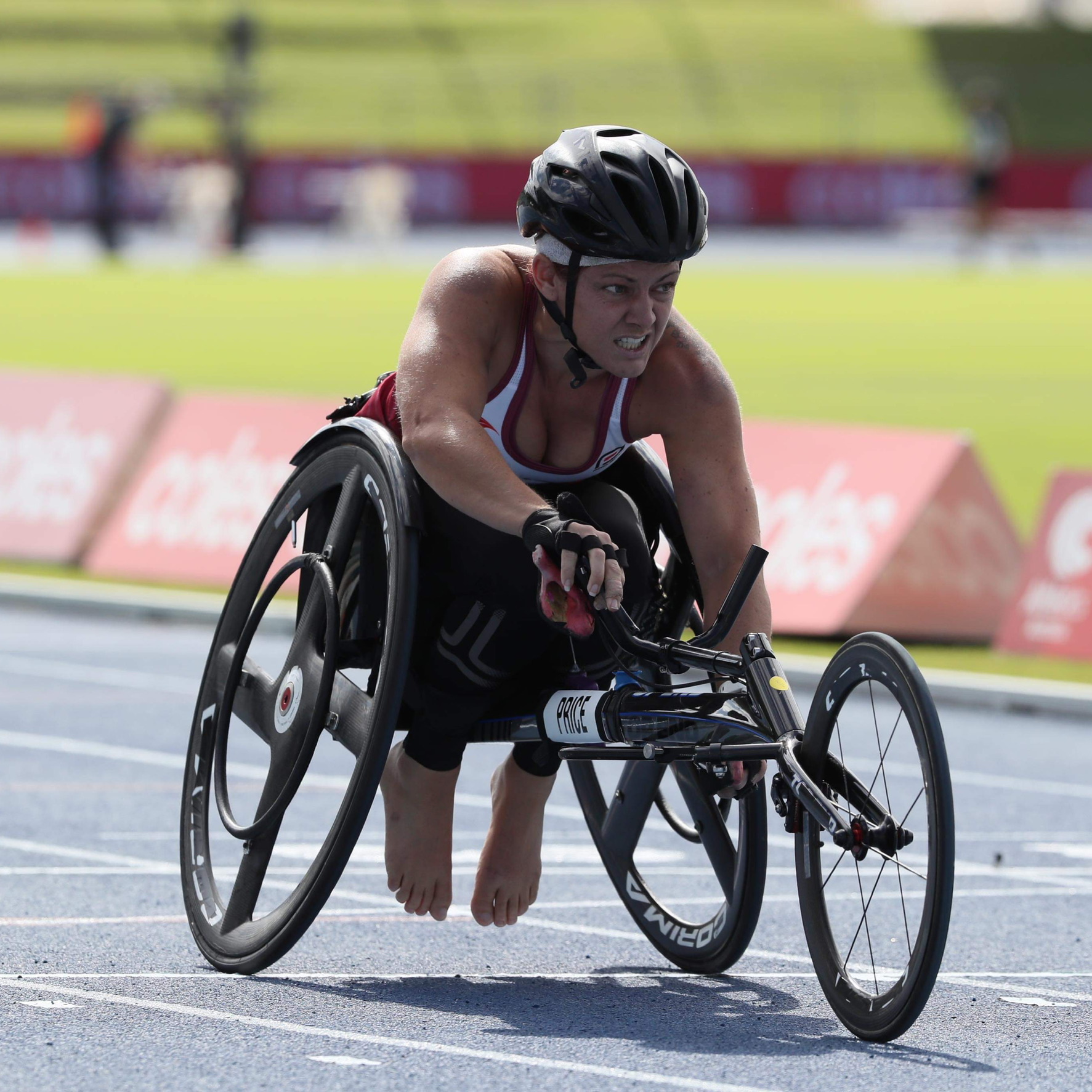Breast cancer couldn’t keep her out of the water
Sarah Thomas recently broke a world record by becoming the first person to swim the English Channel four times non-stop. What’s even more remarkable is that she did it just a year after completing life-saving treatment for an aggressive form of breast cancer.
In honour of Breast Cancer Awareness Month, the 37-year-old from Colorado, USA, shares her story with This Is MedTech.
“I was diagnosed with stage 2 triple negative breast cancer in November 2017 after finding a lump in my right breast. I was sent for a mammogram and they did an ultrasound and biopsy that same day once they saw the images,” she says. “I was 35 years old, with no family history and no environmental risks. I’d just swum 104 miles and the diagnosis was shocking. It felt like my entire world had stopped.”
Two million new cases of breast cancer were diagnosed last year. Although both men and women can get it, 99% of cases are in women and it is the most common cancer in women worldwide. Early detection is key. The most important screening test is the mammogram, an x-ray of the breast which can detect breast cancer up to two years before the tumour can be felt.
At every turn, medical technology supported Sarah both physically and emotionally during her intensive treatment. Following the biopsy, a magnetic resonance imaging (MRI) scan as well as blood tests provided more detail. “I think that being able to use scans and blood tests to know exactly what type of cancer I had and then being able to follow the protocol was a really good thing,” she notes. “My grandfather had cancer and died from a heart complication from chemotherapy, so knowing that I also had an echocardiogram done before starting chemo, which gave me a really solid peace of mind.”
Sarah was able to keep swimming through most of her chemotherapy treatment, but it was tiring. However, regular ultrasound scans showed that she was responding well. “It was exactly the type of positive feedback I needed to help keep me motivated during treatment,” she remembers.
“I also did genetic testing to help guide the type of surgery I needed. I had a right unilateral mastectomy with two lymph nodes removed. The worst part of surgery was being out of the water for six weeks while my incisions healed,” she comments. Then came 25 rounds of radiotherapy, where a medical device beamed radiation waves at the tumour. “Not the highlight of my life! But it helps me to sleep at night knowing that we did everything possible to kill the cancer cells.”
Sarah had booked the Channel swim about six months before her diagnosis. “During treatment, having this big goal out there, on the horizon, kept me pushing to move forward, to get better, to get stronger,” she says. “As I worked through treatment and then worked on my recovery, this swim became a symbol to me: If I could do it, I’d know I was going to be ok.” She completed the 84 mile (135 km) swim in 54 hours and 10 minutes. An epic achievement!






